“Identifying and Avoiding Common Causes of Drain Blockage”
One common issue in many households is drain blockage, which can be caused by various factors including:
-
Issues with Construction Techniques
Poorly calculated design and construction process can lead to significant problems.
- Multiple bends in the pipes
- Difficult wastewater flow
-
Household Waste Management
In the course of our daily activities, it is common for various types of waste materials to enter our plumbing systems. These can include hair, toilet paper, and a wide range of other substances. Over time, these materials can accumulate and result in blockages that can cause significant plumbing issues.
It is important to properly manage household waste to prevent these blockages and promote the smooth functioning of our plumbing systems. This involves being mindful of what we dispose of in our sinks, toilets, and drains, and taking necessary precautions such as using hair strainers in our showers and regularly maintaining our plumbing systems.
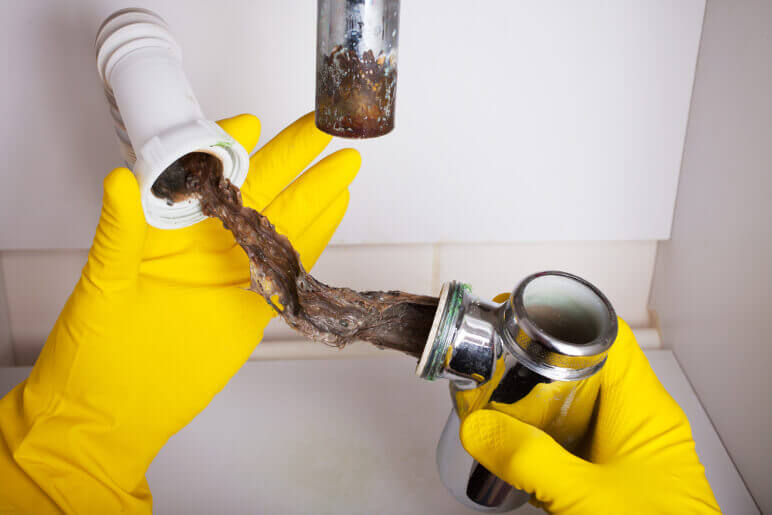
-
Common sources of clogs:
Outdoor drains frequently become clogged due to the accumulation of dirt, insects, leaves, and other types of plant debris.
-
Leftover food, grease, and residue: Over time, the accumulation of leftover food, grease, and residue from water sources can occur within the pipes.
-
Old pipes: Over time, pipes can deteriorate and develop cracks.
-
Full septic tank or manhole: A full septic tank or manhole can result in a blockage of the drains due to the lack of an outlet for wastewater.
Detecting Clues of Blocked Drains
To identify drain blockage, look out for the following signs:
-
Strong Odor From the Drain:
Despite thorough cleaning of the living areas, an unpleasant odor persists.
-
Issue: Slow Drainage
Description: Wastewater is not draining efficiently, leading to clogs and backups.
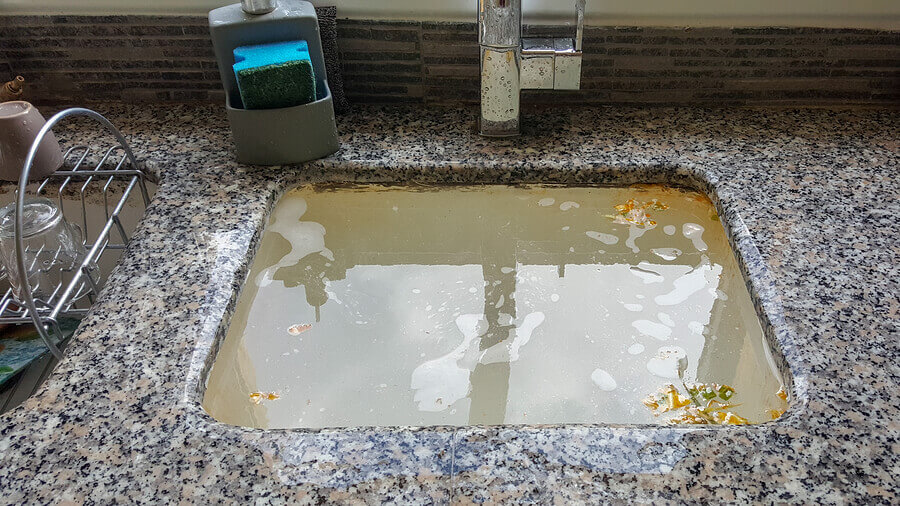
-
Backflow: Backflow occurs when wastewater flows back up and floods the bathroom.
-
Unusual Sounds from the Drain:
If you hear strange gurgling sounds coming from your drain at night, it could be an indication of a potential issue.
-
Observation: Presence of Insects around the Drain
There is a significant presence of insects around the drain and manhole covers. This may indicate a potential issue that needs attention.
-
Abundant plant growth: The pipes are surrounded by lush green plants and moss, giving them a dark and healthy appearance.
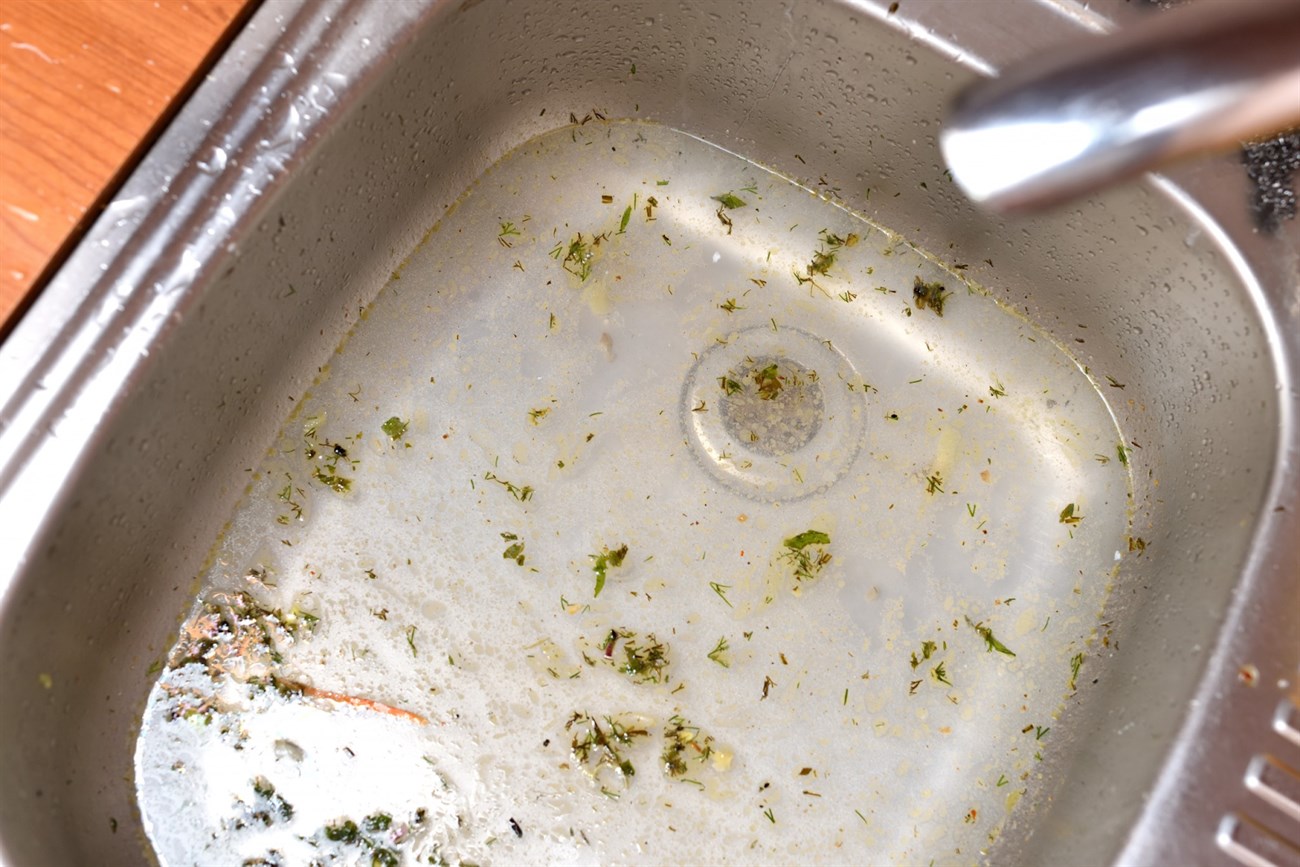
How to Unclog Blocked Drains: 3 Effective Solutions
“How to Unclog a Drain Using Warm Water”
Please note that this method is specifically designed to address blockages caused by leftover food, toilet paper, or other similar materials. It may not be effective for dealing with blockages caused by plastic or metal objects.
To start, carefully pour warm water (approximately 50 – 70 degrees Celsius) into the drain gradually, which will help to soften the blockage.
Note: It is recommended to use only warm water when cleaning the bathtub, as hot water can potentially cause damage to the enamel and affect the quality of the pipes, particularly in the case of older pipes.
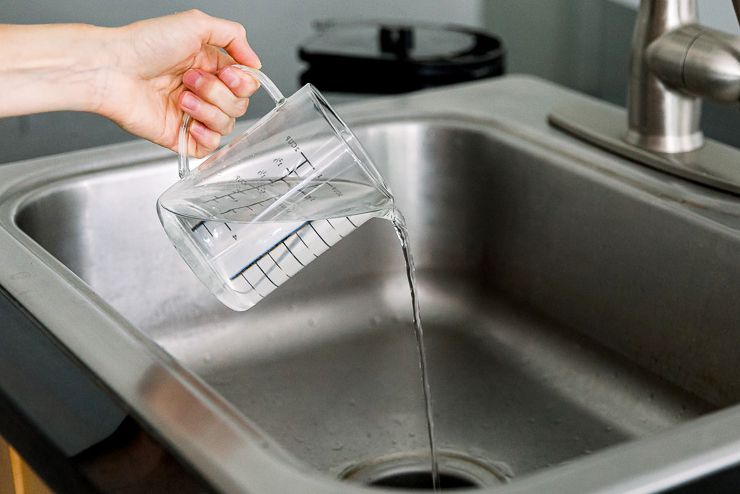
Extracting Jars from Shelves with a Snake or Fishing Tool
To resolve a blockage under the toilet bowl, one effective method involves using small fish or snakes. Due to their natural digging behavior and slippery bodies, they can swiftly eliminate any debris causing the blockage and navigate their way out of the situation.
Please only release one fish or one snake at a time. Do not release two of them together.
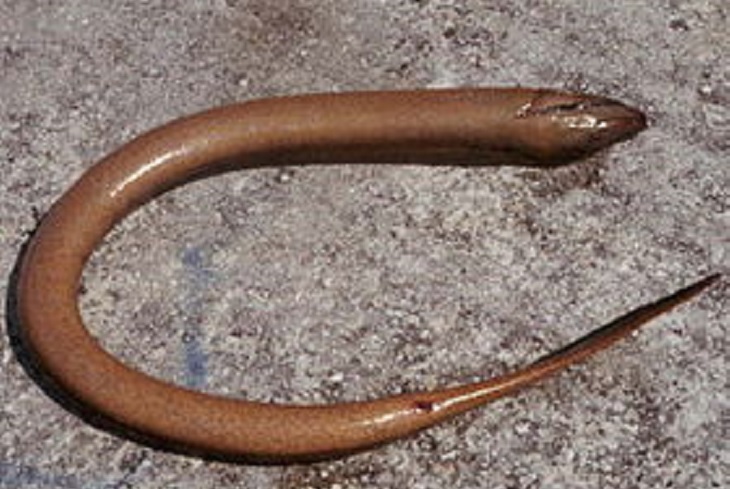
Choose Wisely: Benefits of Utilizing Drain Cleaning Products or Solutions
If you encounter a blockage in your drain caused by leftover food, toilet paper, or other similar substances, you can try using warm water to unclog it.
To address a blocked drain, carefully pour drain cleaning products or solutions into the affected area. Allow the recommended amount of time stated in the instructions for the products to effectively alleviate the blockage. It is imperative to refrain from flushing water or introducing any substances into the drain during this waiting period.
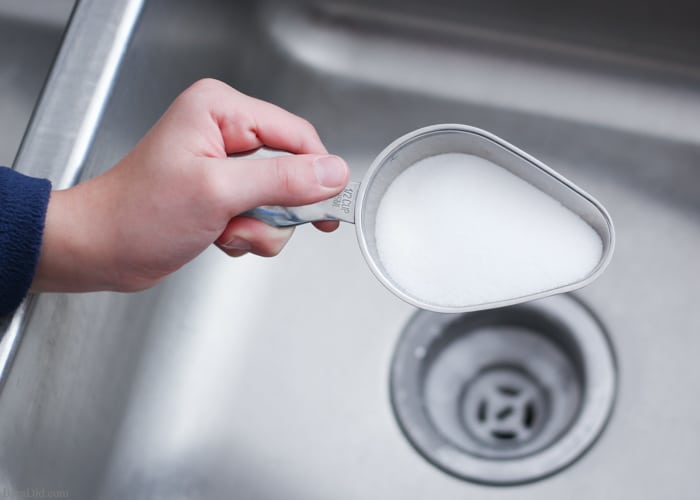
Create a Simple and Efficient DIY Cleaning Solution with Baking Soda or Salt
Please note that this method is only effective for blockages caused by leftover food, toilet paper, or similar materials. It may not be suitable for removing blockages caused by plastic or metal objects.
Mix 1/3 cup of baking soda with an equal amount of vinegar and allow them to fizz. Promptly pour the effervescent solution down the drain.
For a minimum of one hour, please refrain from flushing water or pouring any substances into the drain to allow the mixture to effectively work.
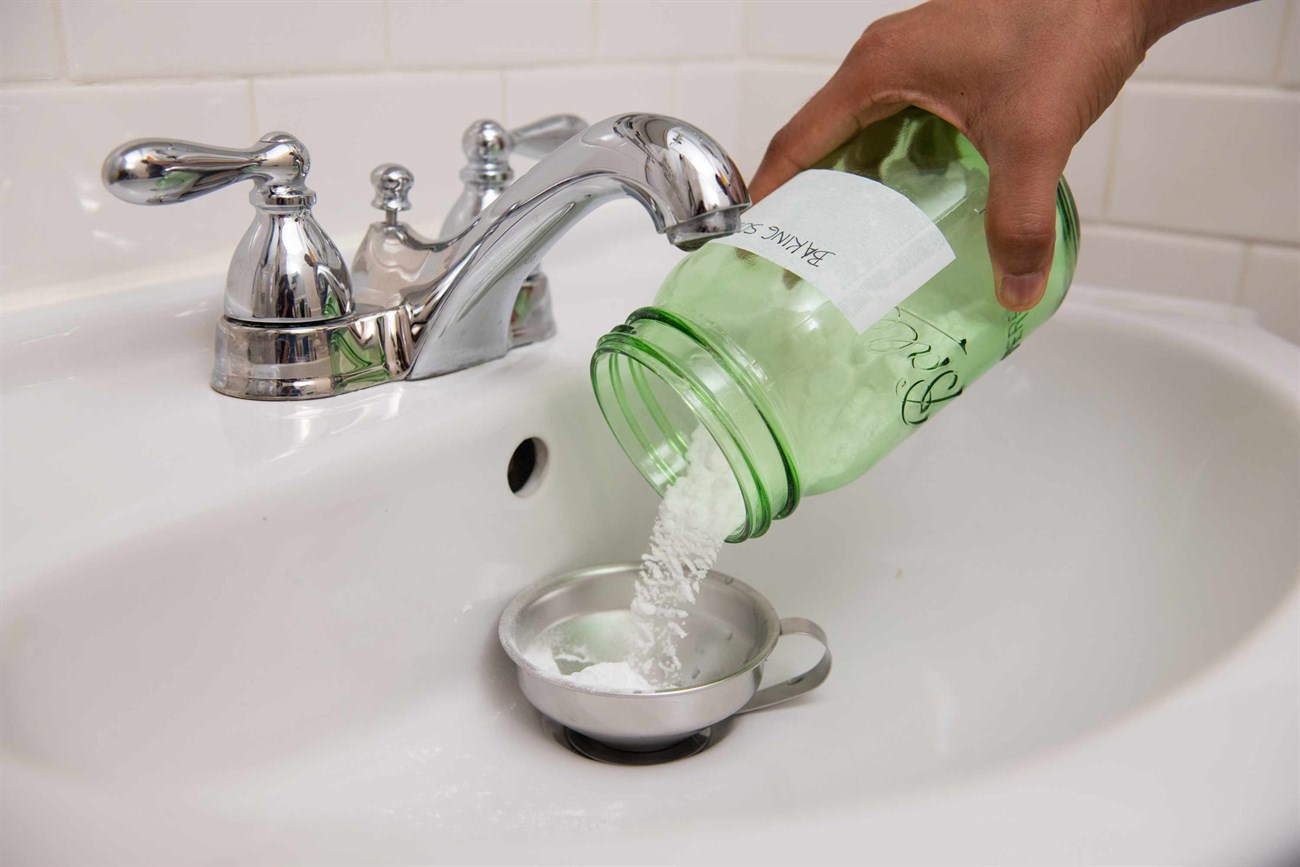
Effective Carpet Cleaning with Bio-Enzymatic Products
Utilize bio-enzymatic products for unclogging drains by simply pouring the solution into the affected area. The advantageous bacteria contained within the product will effectively degrade accumulated grease and surplus food particles. Ensure optimal outcomes by faithfully adhering to the instructions and recommended dosage provided by the manufacturer.
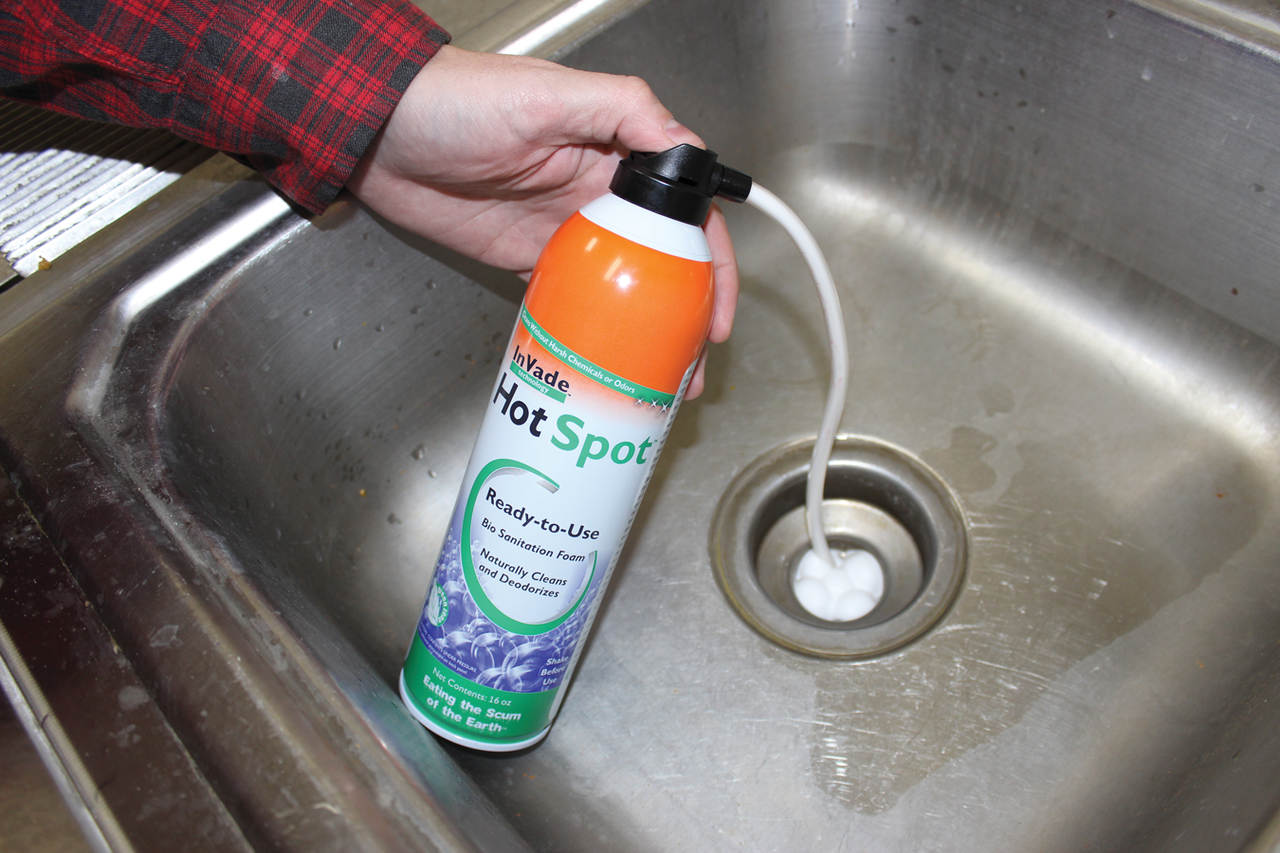
What’s the Best Tool for Hanging Clothes: Clothes Hanger or Garbage Hook?
To start, fashion a garbage hook tool or utilize a straightened clothes hanger and shape it into a fishing hook form. Next, securely wrap a cloth around the hook’s tip, ensuring it remains in place throughout the drain cleaning procedure.
To effectively clear your drain, follow these steps:
1. First, insert the hook into the drain.
2. Carefully rotate the hook to catch any debris, like toilet paper or hair.
3. Gently pull the hook out and dispose of the waste properly.
4. Repeat this process until the drain is fully clear.
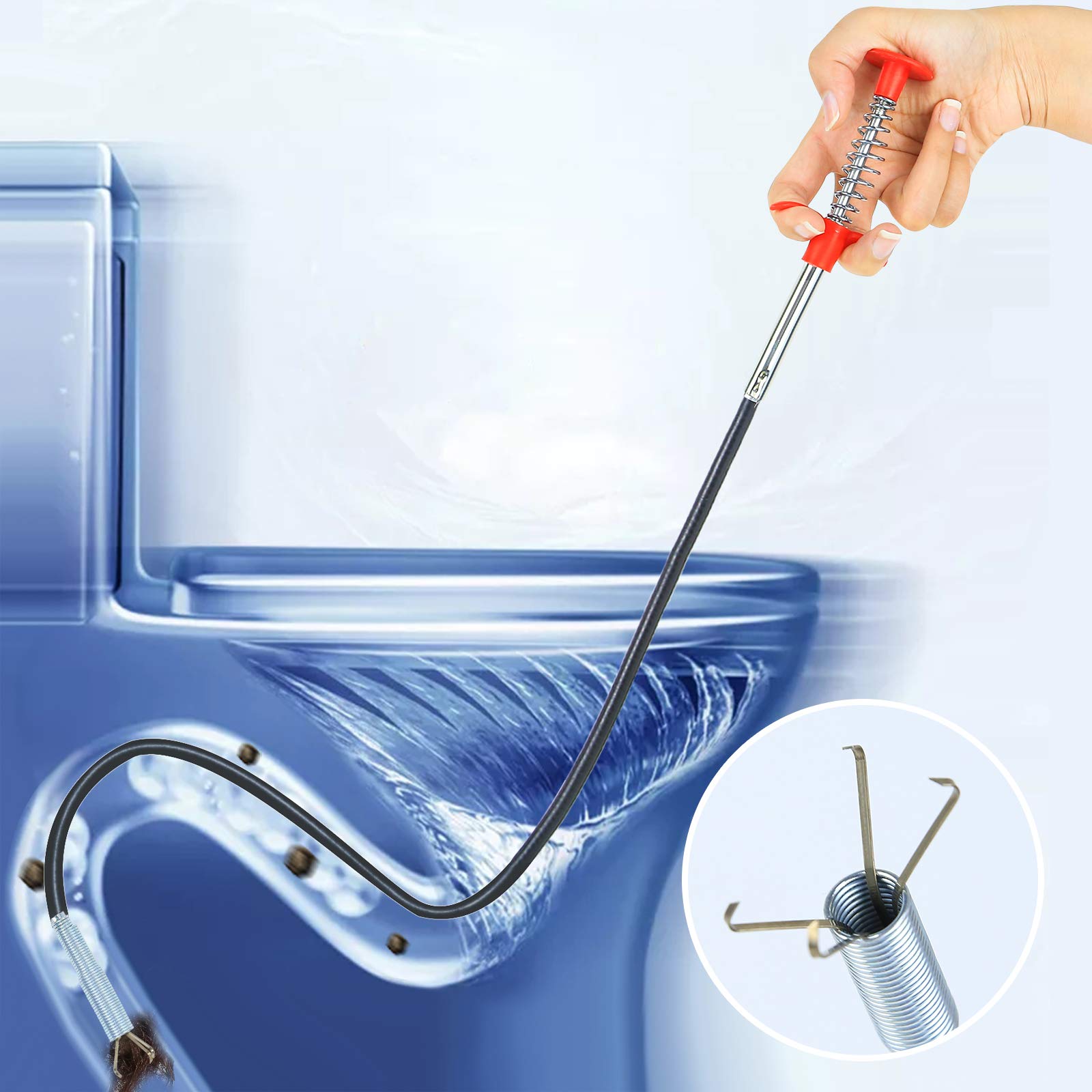
“4 Steps to Avoid Clogged Drains”
In order to prevent drain blockage, it is recommended to take the following measures:
- It is recommended to perform regular cleaning and scrubbing of the areas containing drainage pipes.
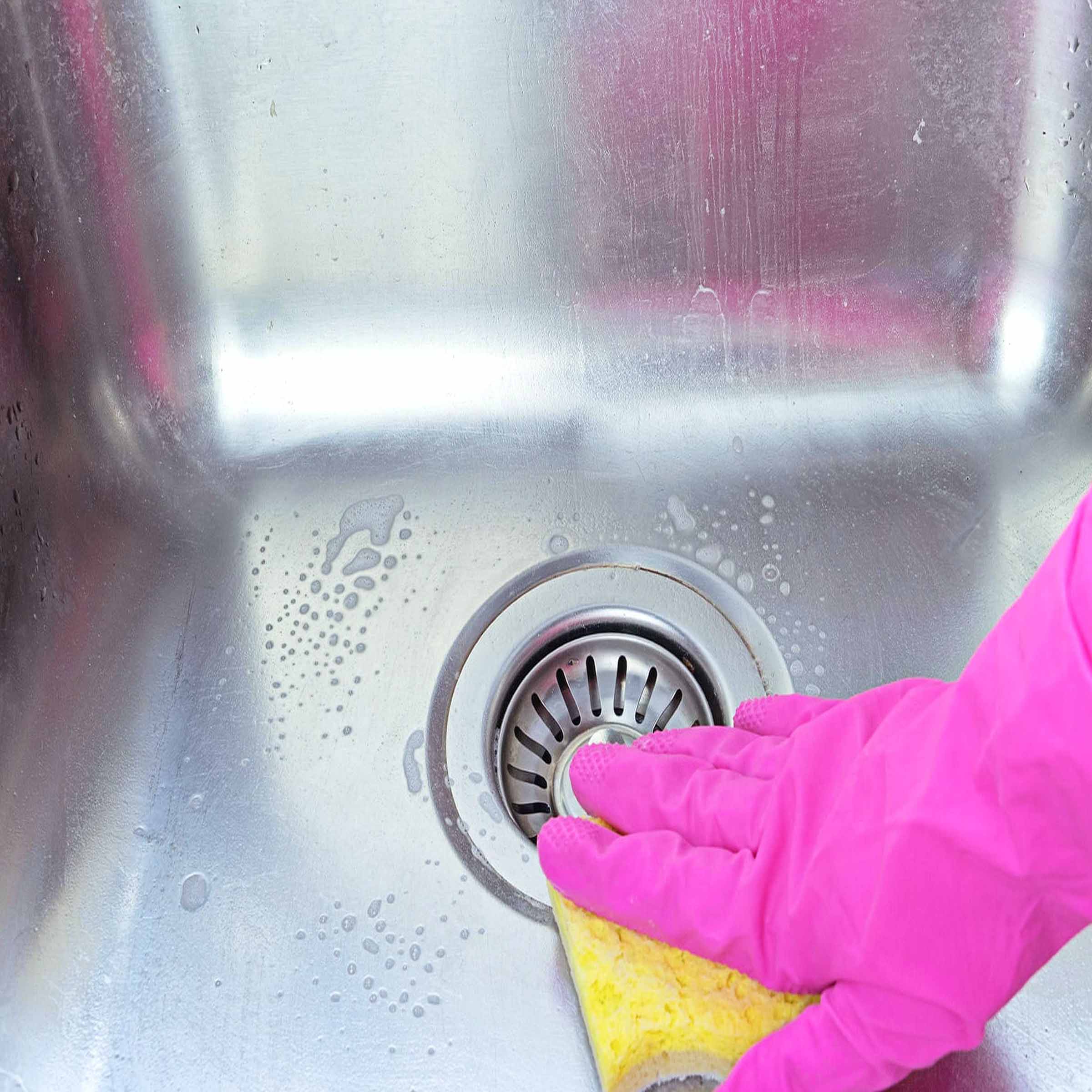
- Use custom-designed covers for your drain systems.
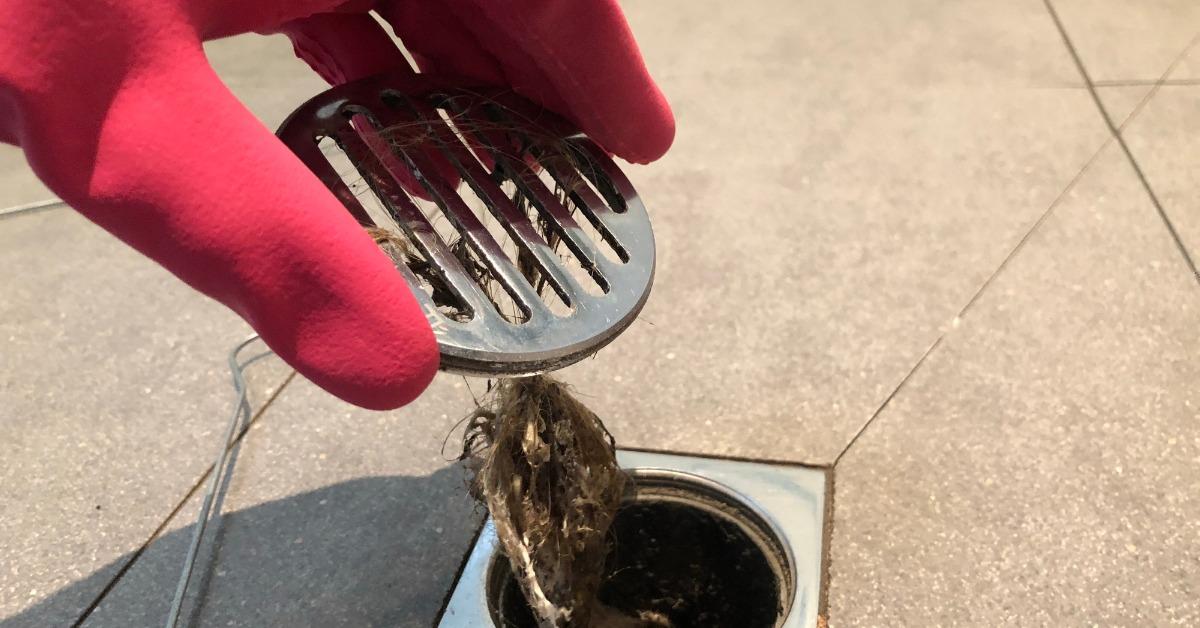
-
It is recommended to regularly clear the drains on a scheduled basis. The frequency of draining depends on the specific needs and usage of each household.
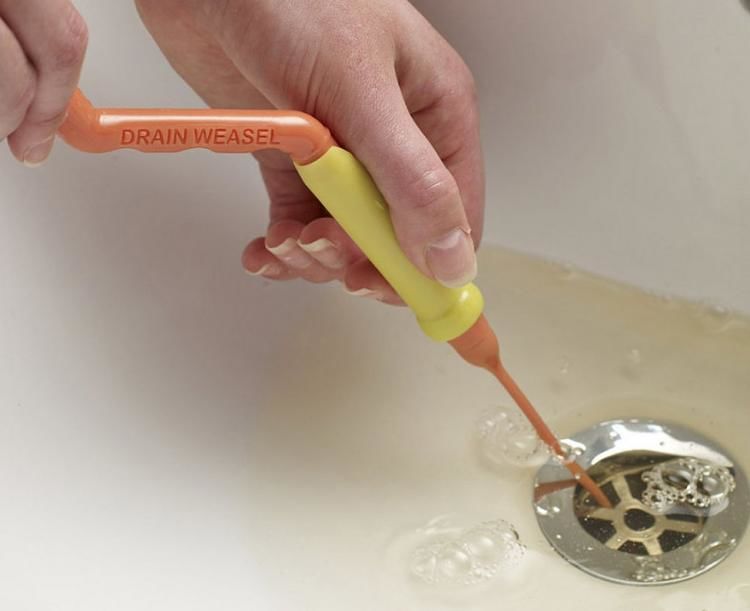
- To effectively clean dishes with heavy grease and oil residue, it is advisable to utilize dishwater to neutralize the grease, thereby avoiding the direct disposal of such substances into the drain. This practice is essential in preventing drain blockages.
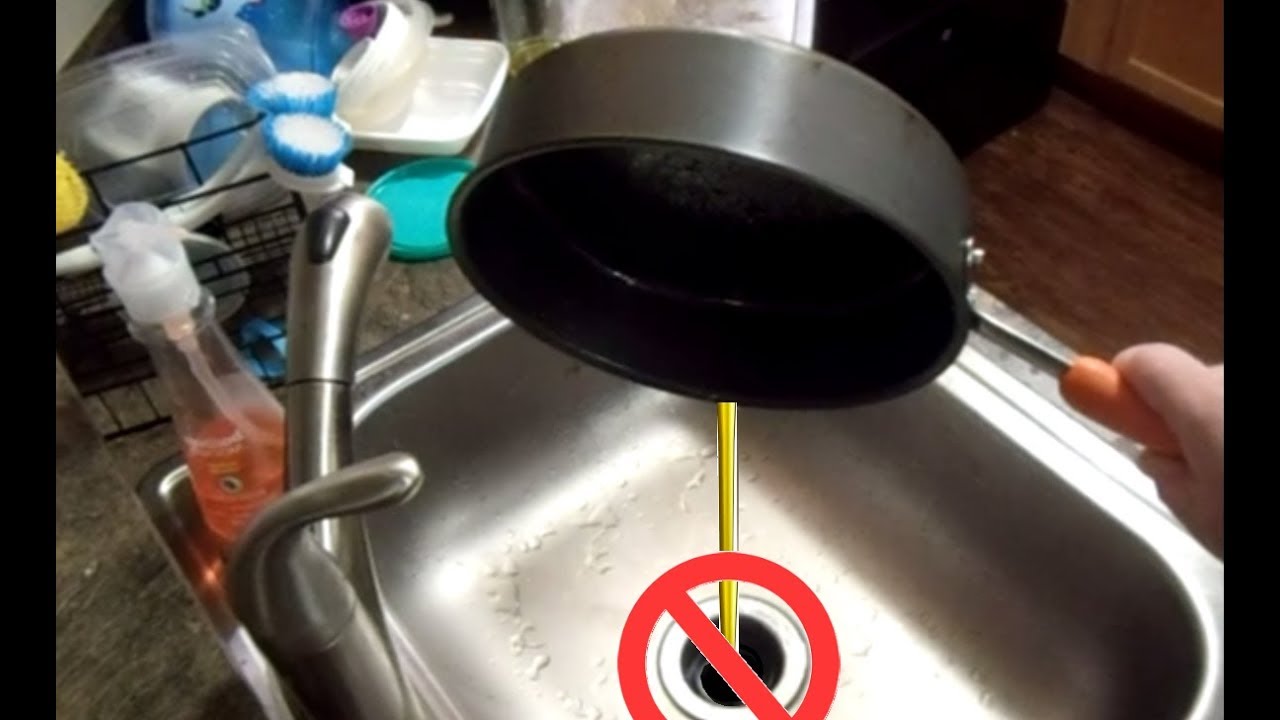
- To prevent debris, leaves, and other objects from falling into manholes, it is recommended to use drain covers specifically designed for this purpose. These covers serve as a protective barrier and help maintain the cleanliness and functionality of the manholes.
Thank you for reading this article. We hope it has provided you with helpful insights on how to effectively unclog blocked drains in your home. If you have any further questions or need assistance, please don’t hesitate to leave a comment below.



































